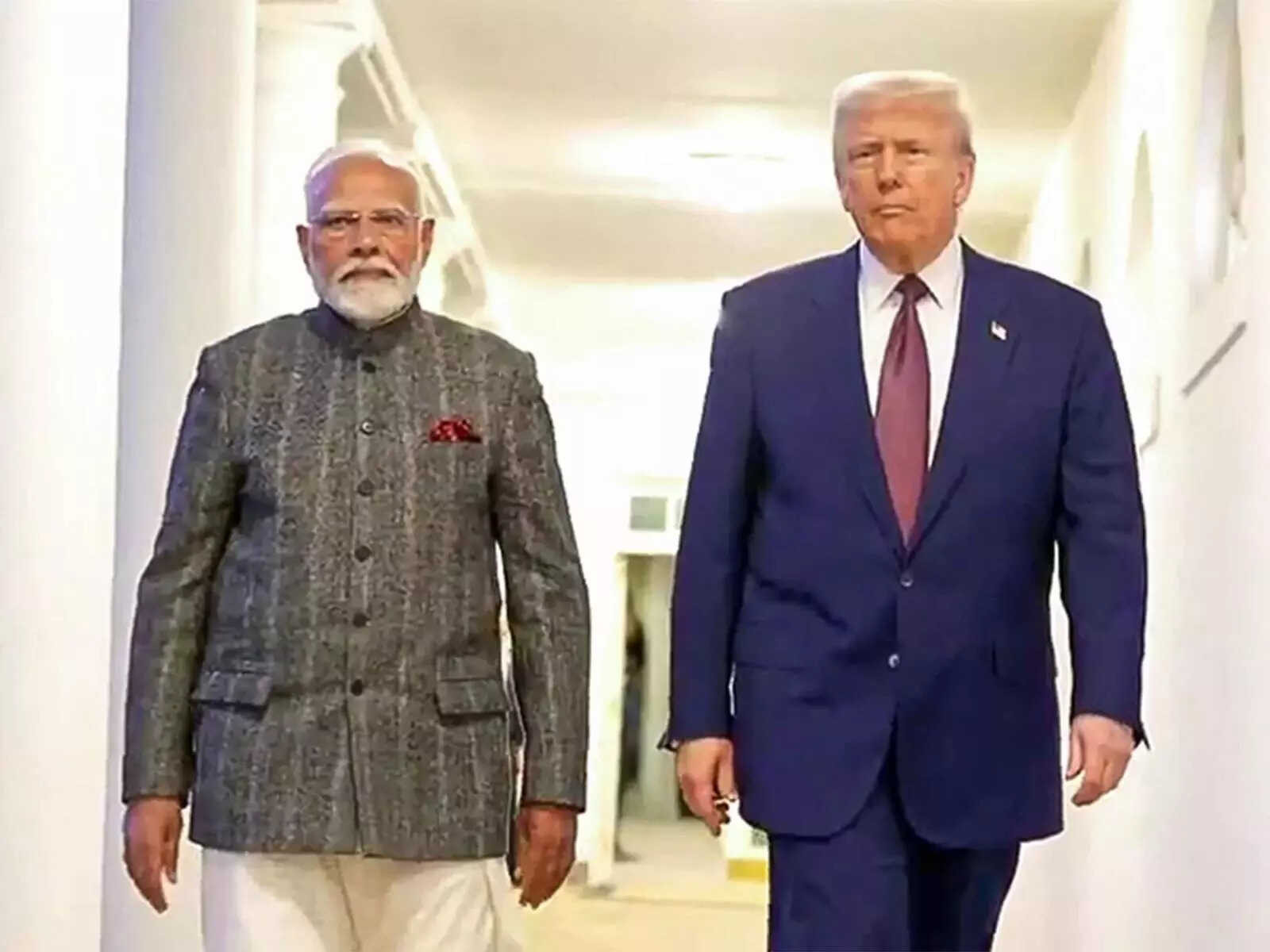Market participants have appealed to Finance Minister Nirmala Sitharaman to maintain lower Securities Transaction Tax (STT) on cash equity trades compared to derivatives in the upcoming Budget. They also proposed taxing only profits on share buybacks, not the full amount. Additionally, calls were made for domestic investors’ short-term dividend tax rates to align with those for NRIs.
Navigating the Stock Market Maze: Why Lower STT Might Be the Key
The Indian stock market, a vibrant ecosystem teeming with ambition and aspiration, is constantly under scrutiny. Every policy tweak, every regulatory shift, sends ripples that can either invigorate or dampen investor sentiment. One such policy, the Securities Transaction Tax (STT), has been a subject of much debate, particularly concerning its impact on the equity cash market. Should it be lowered? The answer, it appears, is more nuanced than a simple yes or no.
The core argument swirling around the STT centers on its competitiveness compared to the Futures and Options (F&O) segment. Currently, the STT on the equity cash market hovers at a higher rate than that levied on F&O transactions. This disparity, some believe, creates an uneven playing field, potentially pushing investors towards the derivative market, a space often perceived as riskier and more speculative.
Think of it like this: imagine two shops selling the same product, but one charges a higher sales tax. Where would most customers prefer to shop? It’s basic economics. The higher STT on cash market transactions arguably disincentivizes direct equity investment, the very bedrock of a healthy and sustainable market.
But why is direct equity investment so important? It’s more than just buying and selling shares. It’s about companies raising capital to fuel growth, creating jobs, and driving economic prosperity. A robust cash market signals confidence, attracting both domestic and foreign investment, and fostering a culture of long-term wealth creation. If the STT makes investing in the cash market less appealing, this vibrant cycle could be disrupted.

The F&O Factor: A Double-Edged Sword
The popularity of F&O trading in India is undeniable. The leverage it offers can amplify gains (and losses), making it an attractive option for those seeking quick profits. However, it also carries inherent risks. Excessive speculation in the F&O segment can lead to market volatility and instability. A lower STT on the equity cash market might encourage a shift back towards direct equity investment, potentially mitigating some of the risks associated with over-reliance on derivatives.
Beyond Revenue: Considering the Broader Economic Picture
Of course, the government needs to consider the revenue implications of lowering the STT. The tax contributes significantly to the national exchequer. However, the debate shouldn’t be solely about immediate revenue gains. It needs to consider the long-term benefits of a healthy and thriving equity cash market. Increased investment, greater market participation, and a more stable investment environment can all contribute to sustained economic growth, ultimately boosting government revenue in the long run.
Finding the Sweet Spot: A Balancing Act
The key lies in finding the right balance. It’s about creating a level playing field that encourages both direct equity investment and responsible participation in the derivatives market. A measured reduction in the Securities Transaction Tax (STT) on the equity cash market could be a step in the right direction.
Perhaps a phased approach, carefully monitored for its impact on market behavior and government revenue, would be the most prudent strategy. This allows for adjustments along the way, ensuring that the policy achieves its intended goals without unintended consequences. Furthermore, simplifying the overall tax structure for securities transactions could also improve market efficiency and reduce compliance costs.
Remember, the Indian stock market is not just a collection of numbers and transactions. It’s a reflection of the nation’s economic aspirations and a powerful engine for wealth creation. Policies like the STT need to be carefully calibrated to nurture this vital ecosystem and ensure its long-term sustainability. For a closer look at related policies that boost market confidence, consider reading about [SEBI’s regulatory framework](internal-link-to-relevant-article).
Ultimately, a more appealing equity cash market, achieved through thoughtful policy adjustments like lowering STT, is vital for attracting diverse investors, promoting financial stability, and fueling India’s continued economic growth. The task now is to analyze the details and take action.







